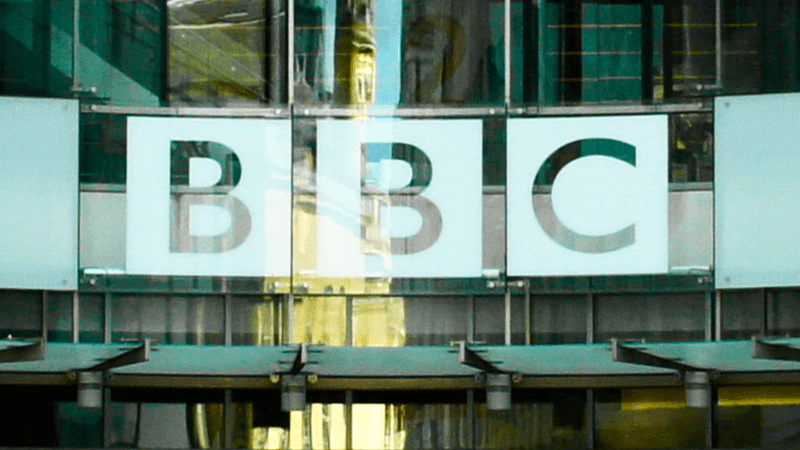A new drive by the BBC to make religious programming more inclusive will water down Britain’s Christian heritage, The Christian Institute has said.
The criticism comes after the release of a report which says the BBC will increase its mainstream religious output by giving greater prominence to non-Christian festivals such as Eid, Passover and Diwali.
The organisation said it intended to broaden its audience by reflecting “an increasingly pluralistic society”.
Pluralism
The BBC’s atheist head of religious programming, James Purnell, said it was important for British society to understand where it had come from and how religion plays an important part in that.
The corporation has plans for two pluralistic programs: ‘The Pilgrimage’, which sees celebrities travelling between holy sites; and ‘Earth’s Sacred Wonders’, which will also visit places of worship around the world.
However, a recent survey revealed that only around five per cent of people in the UK belong to non-Christian religious groups.
‘Religious Illiteracy’
The Christian Institute’s Ciarán Kelly said the BBC was merely presenting a “multi-faith mish-mash” which undermines British Christian heritage.
He said: “In recent years, the BBC has demonstrated its religious illiteracy with its poor portayal of Christianity, which has also been underrepresented across all platforms.
“This report suggests a welcome willingness to change. But presenting all religions as equally valid diminishes the role that Christianity has had in shaping our history and our culture today.”
Christian country
The BBC’s Director General, Lord Hall of Birkenhead, claimed the organisation’s commitment to promoting Christianity is “undiminished”, but Mr Kelly pointed out that its current stance on Christianity falls well short of its historical position.
He said: “The BBC’s first Director General, Lord Reith, believed the aim of religious programming was to make Britain a more Christian country.
“How disappointing it is, therefore, that the BBC now wants to promote all religions equally and present them as having made equal contributions to British society.”

